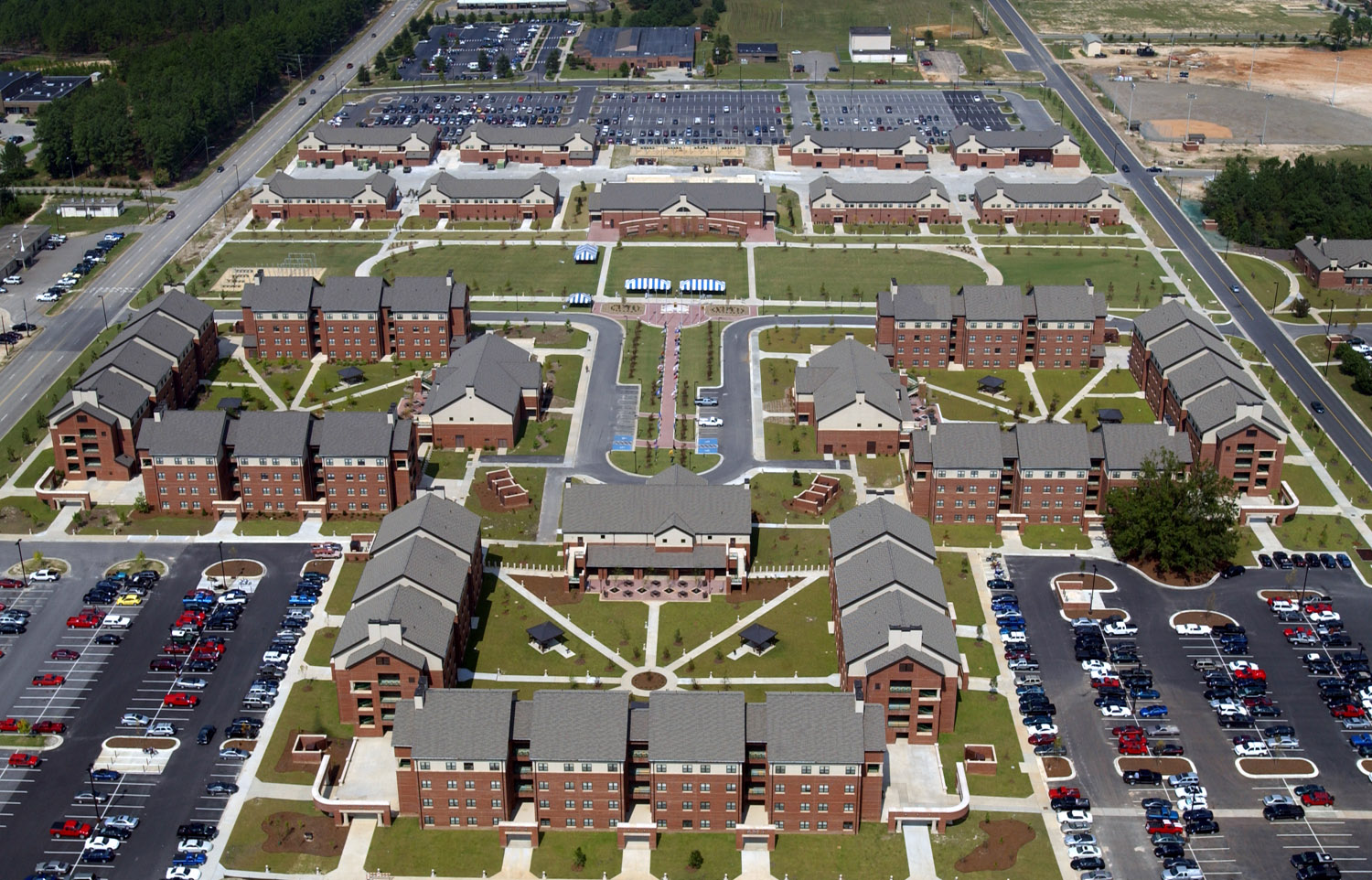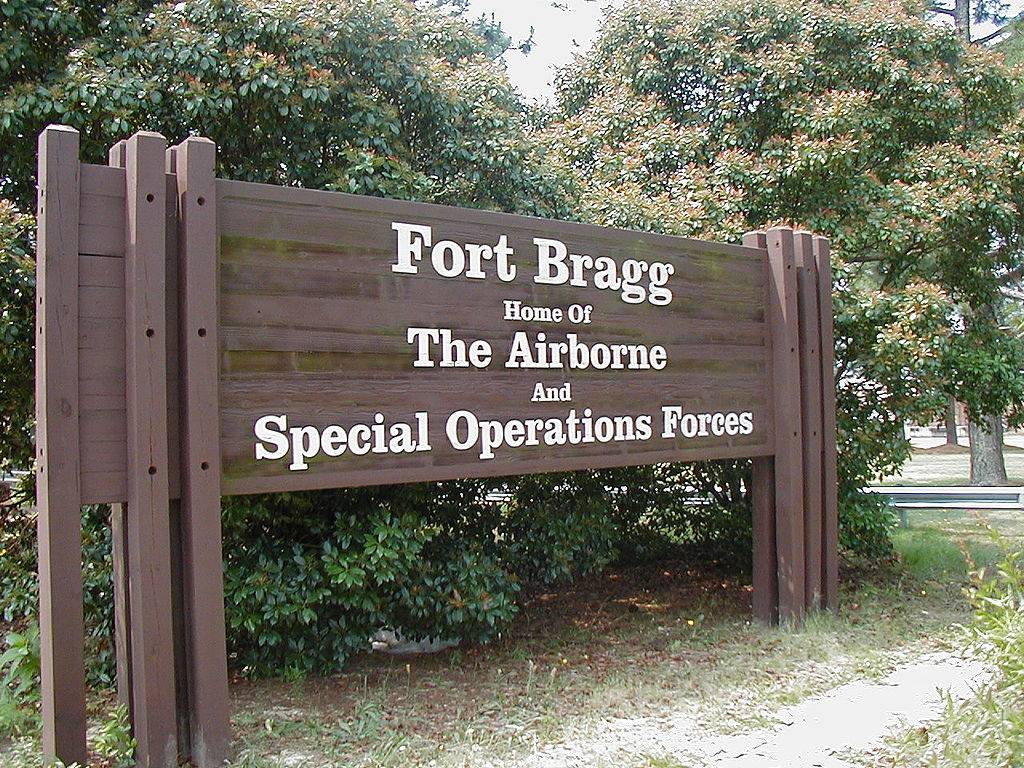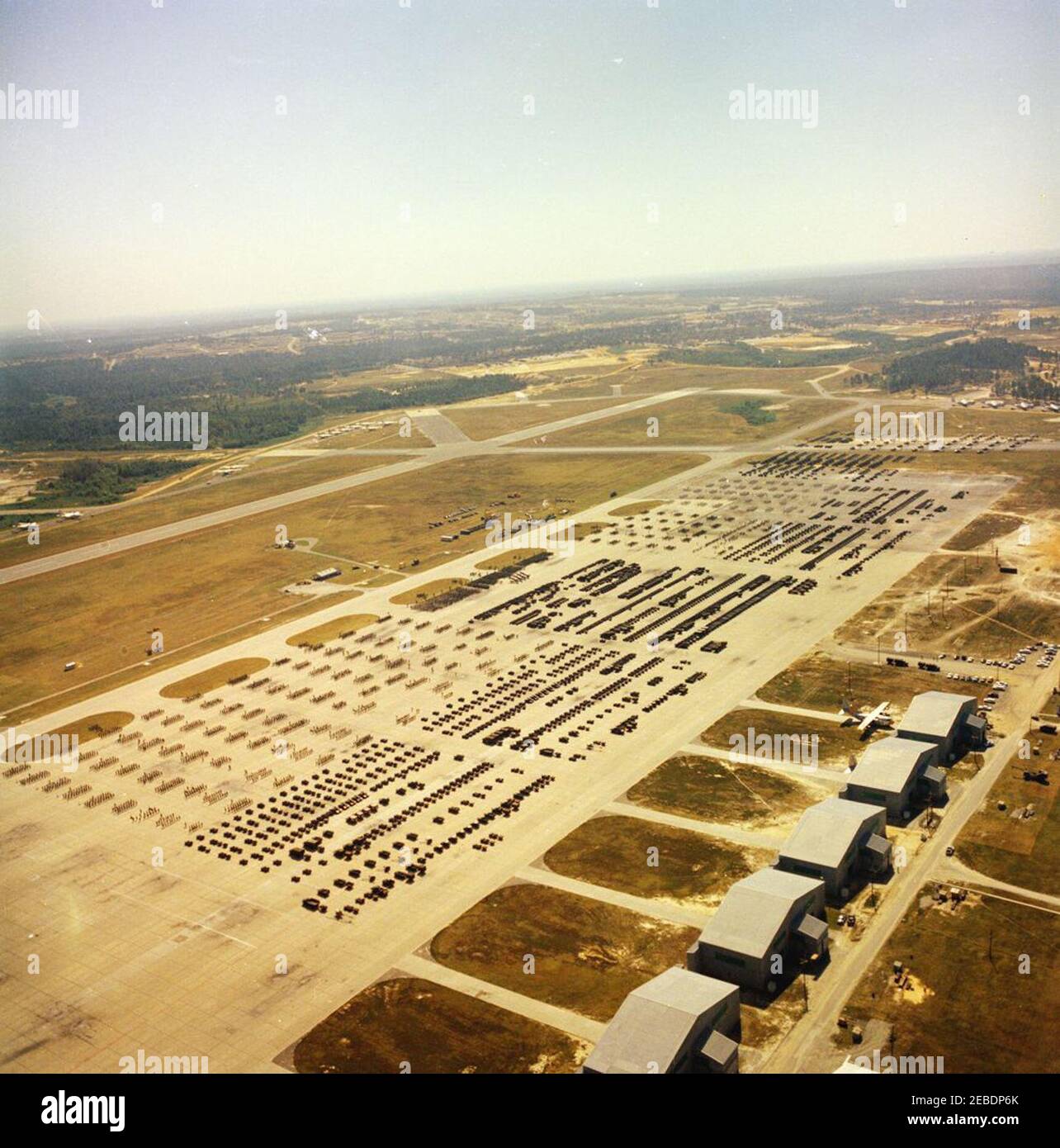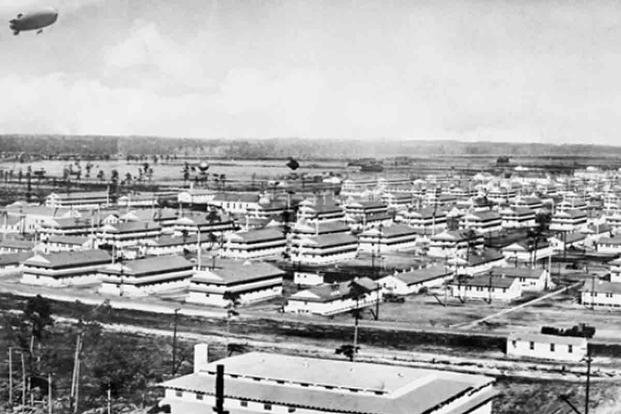Fort Bragg, North Carolina: A Hub of Military Power and Community
Related Articles: Fort Bragg, North Carolina: A Hub of Military Power and Community
Introduction
In this auspicious occasion, we are delighted to delve into the intriguing topic related to Fort Bragg, North Carolina: A Hub of Military Power and Community. Let’s weave interesting information and offer fresh perspectives to the readers.
Table of Content
Fort Bragg, North Carolina: A Hub of Military Power and Community

Fort Bragg, located in the heart of North Carolina, is much more than just a military installation. It is a vibrant community, a center of military training and operations, and a significant economic driver for the state. This article delves into the intricate landscape of Fort Bragg, exploring its geography, history, and importance to the region and the nation.
A Glimpse into the Geography of Fort Bragg
Fort Bragg occupies a sprawling 150,000 acres of land in Cumberland County, North Carolina. The installation stretches across a diverse terrain, encompassing forests, swamps, and rolling hills. This variety of landscapes provides an ideal environment for the extensive military training exercises conducted on the base.
The installation’s location is strategically advantageous. Situated near the Atlantic coast, Fort Bragg enjoys convenient access to major transportation routes, including Interstate 95, which connects the Northeast to Florida. The proximity to the coast also offers opportunities for amphibious training and operations.
A History Steeped in Military Service
Fort Bragg’s history dates back to 1918 when it was established as Camp Bragg, named after Confederate General Braxton Bragg. The camp quickly became a vital training center during World War I, hosting thousands of soldiers preparing for deployment overseas.
In the decades that followed, Fort Bragg continued to evolve, expanding its role and accommodating the demands of changing military needs. During World War II, it served as a major training ground for paratroopers, solidifying its reputation as the "Home of the Airborne."
The post-war era saw Fort Bragg become a hub for special operations forces, with the establishment of the 82nd Airborne Division and the U.S. Army Special Operations Command (USASOC). This period marked a shift towards a more specialized and elite military focus, further cementing Fort Bragg’s importance in the global military landscape.
The Economic Impact of Fort Bragg
Beyond its military significance, Fort Bragg is a significant economic engine for North Carolina. The installation employs over 50,000 military personnel and civilians, contributing significantly to the local economy through wages, spending, and investment.
The presence of Fort Bragg has fostered a thriving business sector in the surrounding areas, with numerous companies catering to the needs of the military community. This includes contractors, retailers, healthcare providers, and educational institutions, creating a robust economic ecosystem.
A Community Within a Community
Fort Bragg is not just a military installation; it is a community in its own right. The base boasts a wide range of amenities and services, including schools, hospitals, recreational facilities, and housing options. This comprehensive infrastructure provides a high quality of life for military families and civilians working on the installation.
The close-knit community spirit fosters a sense of camaraderie and support, particularly for military families who often face the challenges of frequent relocations and deployments. The base’s strong community network provides a vital safety net for service members and their loved ones.
Beyond the Gates: Fort Bragg’s Impact on the Region
Fort Bragg’s influence extends far beyond its borders. The installation plays a crucial role in supporting local communities through partnerships and initiatives. It contributes to local schools, provides healthcare services to the surrounding areas, and collaborates with businesses to promote economic development.
The presence of Fort Bragg has also fostered a strong sense of patriotism and civic engagement within the region. The community regularly rallies around military families, supporting them through fundraising efforts, volunteer work, and community events.
FAQs about Fort Bragg
Q: What is the mission of Fort Bragg?
A: Fort Bragg serves as a training and operational hub for the U.S. Army, focusing on airborne, special operations, and conventional warfare. It is home to the 82nd Airborne Division, the U.S. Army Special Operations Command (USASOC), and numerous other units.
Q: What are some of the major units stationed at Fort Bragg?
A: Some of the major units stationed at Fort Bragg include the 82nd Airborne Division, the 18th Airborne Corps, the U.S. Army Special Operations Command (USASOC), and the John F. Kennedy Special Warfare Center and School.
Q: What are some of the key training areas at Fort Bragg?
A: Fort Bragg features extensive training areas, including the 5th Special Forces Group’s Robin Sage exercise area, the 82nd Airborne Division’s XVIII Airborne Corps Combat Training Center, and the Joint Readiness Training Center (JRTC) at Fort Polk, Louisiana.
Q: What are the economic benefits of Fort Bragg for the region?
A: Fort Bragg is a major economic driver for North Carolina, contributing significantly to the local economy through employment, spending, and investment. It supports a thriving business sector in the surrounding areas, including contractors, retailers, healthcare providers, and educational institutions.
Q: How can I visit Fort Bragg?
A: Fort Bragg is an active military installation, and access is restricted to authorized personnel. Visitors can explore the base’s history at the Airborne and Special Operations Museum or attend public events held on the installation.
Tips for Visiting Fort Bragg
- Plan ahead: Fort Bragg is a large installation, and it is essential to plan your visit in advance. Research the available attractions and events to make the most of your time.
- Respect the military: Fort Bragg is an active military base, and it is essential to be mindful of the rules and regulations in place. Be respectful of military personnel and their families.
- Explore the surrounding areas: The region surrounding Fort Bragg offers numerous attractions, including museums, historical sites, and natural beauty. Take time to explore the area and discover its rich history and culture.
Conclusion
Fort Bragg, North Carolina, stands as a testament to the dedication and resilience of the U.S. military. It is a vital training ground, a strategic operational hub, and a thriving community that plays a significant role in the lives of its residents and the nation as a whole. Its history, geography, and economic impact make it a unique and integral part of the North Carolina landscape. From its humble beginnings as a World War I training camp to its modern role as a center of military excellence, Fort Bragg continues to serve as a symbol of American military power and a testament to the enduring spirit of service.








Closure
Thus, we hope this article has provided valuable insights into Fort Bragg, North Carolina: A Hub of Military Power and Community. We hope you find this article informative and beneficial. See you in our next article!